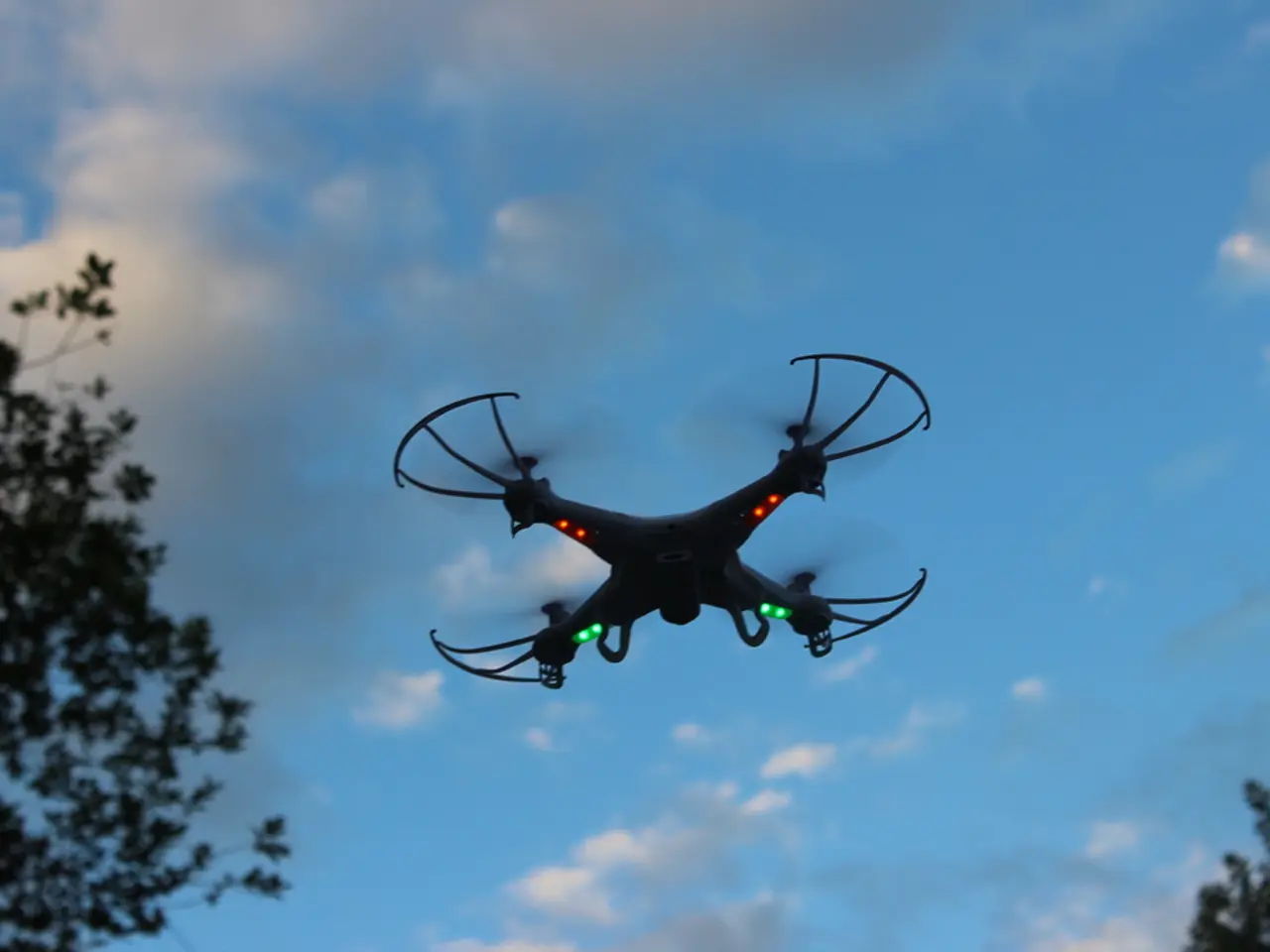Partnership announced between DP World, Deendayal Port Authority, and Nevomo for testing autonomous MagRail freight transportation in India.
The Deendayal Port in Kandla, India, is set to witness a significant transformation with the launch of a pilot project for autonomous magnetic rail freight technology, known as MagRail. This groundbreaking initiative, spearheaded by DP World, Deendayal Port Authority, and Nevomo, aims to introduce self-propelled, electric-powered wagons using linear motor technology on existing rail tracks.
## Project Overview
The pilot project, a 750-meter demonstration setup at DP World's Kandla terminal, is the first of its kind in India. Its primary objective is to assess the feasibility of larger-scale implementation of MagRail technology. The technology, which utilizes electric-powered wagons equipped with linear motor technology, is designed to enhance capacity, efficiency, and speed for containerized and bulk cargo while reducing costs and CO2 emissions.
## Impact on Logistics Infrastructure
The MagRail system promises to revolutionize the logistics sector by automating short-distance cargo transfers, thereby significantly improving logistics efficiency and lowering the environmental impact. The technology is also expected to increase the speed and efficiency of cargo movement, supporting growing cargo demands and strengthening India's logistics framework.
Moreover, the technology is designed to be interoperable, which can enhance the overall connectivity and trade facilitation in India by streamlining cargo movement through the supply chain.
## Potential Expansion
The success of the pilot project could pave the way for widespread adoption of MagRail technology across India's ports and logistics networks, contributing to the country's broader trade and connectivity goals. The potential scalability of the project is a strategic move towards future-proofing terminals and enhancing logistics capabilities globally, aligning with DP World's strategic vision.
## Significance and Collaboration
The MoU for this project was signed on 15 July 2025, within the context of India's National Logistics Policy and the PM Gati Shakti initiative. The collaboration is expected to demonstrate how technology-driven partnerships can accelerate the transition to sustainable, efficient, and intelligent logistics networks.
If successful, the project could potentially contribute to India's position in the global supply chain and mark a major step in India's ambition to transform logistics infrastructure under the National Logistics Policy and the PM Gati Shakti initiative.
DP World will oversee the project, while Deendayal Port Authority provides the site and regulatory support. The MagRail system is expected to improve yard operations within port terminals, modernizing short-haul cargo movement through self-propelled, electric-powered wagons operating on existing rail tracks. The deployment of the MagRail system reflects a growing push toward smarter, greener, and more efficient port-hinterland connectivity using next-generation, linear motor-based rail technology.
- The innovative pilot project at the Deendayal Port in Kandla, India, employs MagRail technology, which utilizes self-propelled, electric-powered wagons and linear motor technology, to address climate-change concerns by reducing CO2 emissions in the logistics sector.
- The MagRail system, a first in India, aims to increase speed and efficiency of cargo movement, thereby supporting growing demands and strengthening the nation's logistics framework.
- This collaboration between DP World, Deendayal Port Authority, and Nevomo is also anticipated to improve industry connectivity and trade facilitation nationwide.
- The collaboration on MagRail technology, signed in July 2025 under India's National Logistics Policy and the PM Gati Shakti initiative, showcases how science and technology can contribute to the development of sustainable, efficient, and intelligent logistics networks.
- The interoperable MagRail technology can have a significant impact on the environment as it offers potential for reducing energy consumption in both the transport and environmental-science fields.
- The success of the MagRail project could potentially influence the expansion of this technology across various sports and entertainment sectors, given the technology's potential for enhancing spectator experiences through smoother and quicker transport of goods.




